Keywords: Australian Politics
-
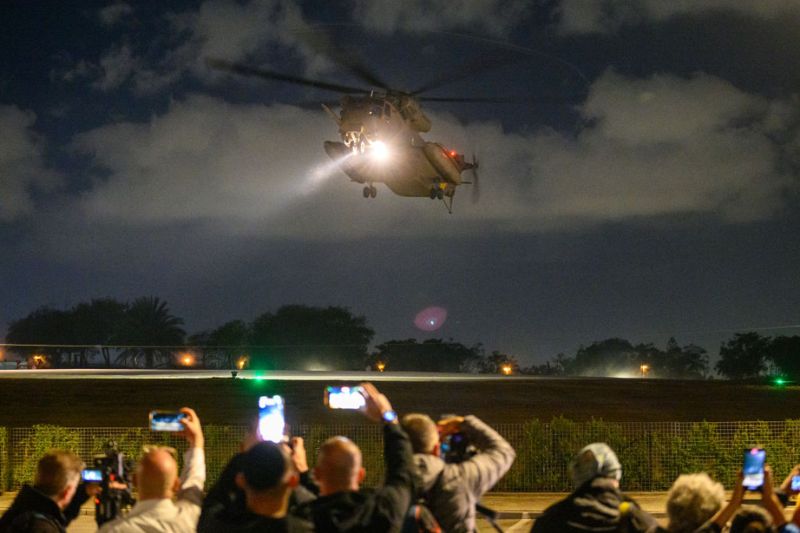
INTERNATIONAL
- Ran Porat
- 30 January 2025
In a negotiated truce, Israel and Hamas have ended a conflict that raged for over a year, since Hamas’ attack on October 7, 2023. As hostages are exchanged with Palestinian prisoners, hopes flicker across a battered region bracing for precarious next steps. But can the truce hold amid vague terms, fragile politics, and Gaza’s looming reconstruction?
READ MORE
-

AUSTRALIA
- Stephen Alomes
- 25 January 2025
With debates around Australia Day continuing to divide, might shifting the national celebration to another day, rooted in resilience and renewal, offer a fresh start? By embracing a new unifying symbol, Australia could move beyond the pain of the past toward a national day that reflects unity, hope, and shared values.
READ MORE
-
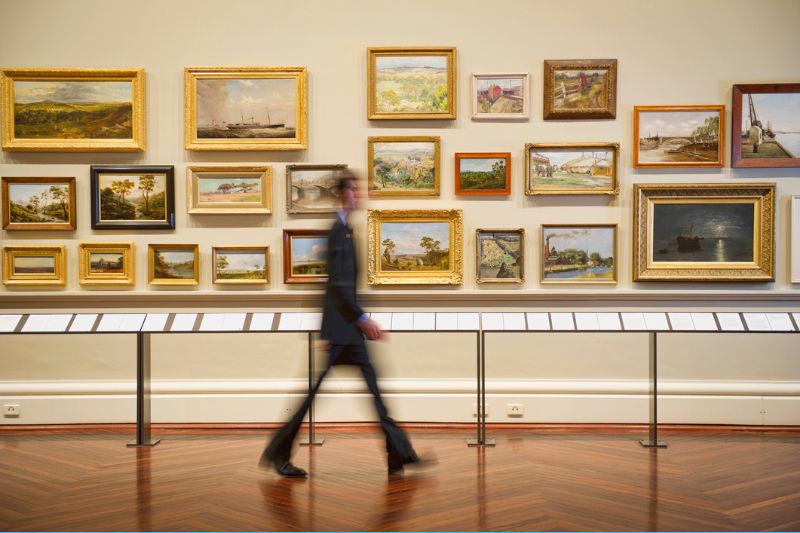
AUSTRALIA
- Andrew Hamilton
- 23 January 2025
Australia's national day remains a divisive symbol, rooted in colonial history. As the country grapples with issues of war, inequality, and climate change, the call for a more inclusive, meaningful celebration grows. How can a national day honour both the complexity of our history and the dignity of all Australians?
READ MORE
-
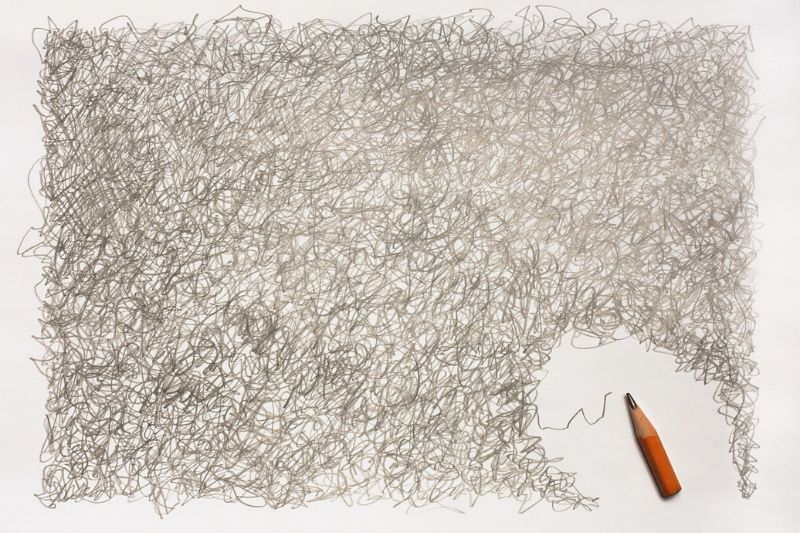
AUSTRALIA
- David Halliday, Michael McVeigh, Laura Kings, Michele Frankeni, Andrew Hamilton, Julian Butler
- 18 December 2024
To close the year for Eureka Street, the editorial team are taking a step back to reflect on the character of 2024. What did it demand of us? What did it teach us about ourselves, and the world we inhabit?
READ MORE
-

AUSTRALIA
- Peter Craven
- 05 December 2024
Tom Hughes, who passed away at 101, was a towering figure in Australia’s legal and political history. A barrister of dazzling skill, an Attorney-General with a penchant for reform, and a man of unshakable conviction, Hughes combined wit, charm, and grit to shape justice and inspire a legacy beyond party lines.
READ MORE
-

AUSTRALIA
- Binoy Kampmark
- 04 December 2024
In a move that’s been both lauded as necessary and criticized as overreaching, Australia has enacted legislation banning social media for users under 16, placing enforcement squarely on Big Tech. But behind the legislation lies a contentious debate: does prohibition protect, or does it merely shift the harm?
READ MORE
-
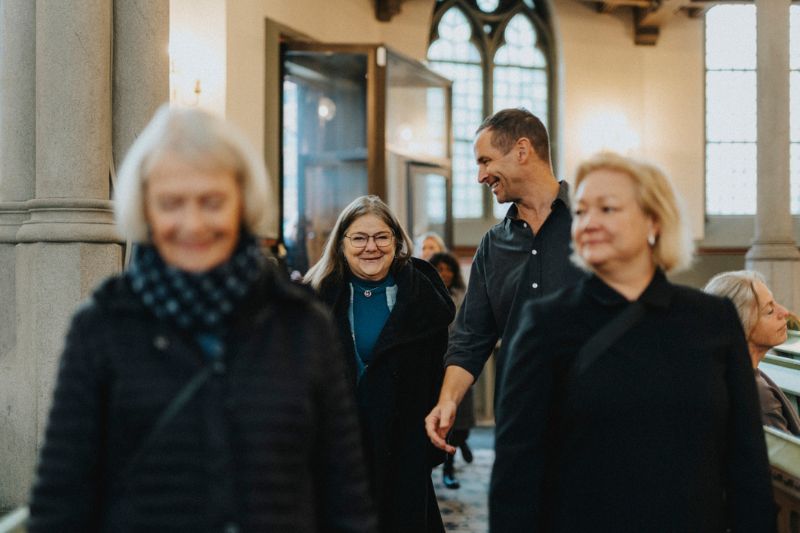
RELIGION
- John Warhurst
- 03 December 2024
2 Comments
The Synod of Bishops may mark a turning point for the Catholic Church, but the real work now begins — locally. From diocesan councils to parish communities, the challenge lies in translating synodality into action. In Australia, divergent episcopal views and a patchy history of reform raise critical questions about the Church’s future.
READ MORE
-

RELIGION
- Justin Glyn
- 30 November 2024
2 Comments
The Synod on Synodality has quietly rewritten the Church’s relationship with disability, shifting from a legacy of marginalisation to a vision of equality and dignity. This historic move acknowledges past failings while championing the rights of disabled people as full participants in faith and society. But does the rhetoric match reality?
READ MORE
-

AUSTRALIA
- Joe Zabar
- 28 November 2024
As cost-of-living pressures weigh heavily on Australians, could mission-driven organisations like charities and not-for-profits disrupt markets by prioritising people over profit? Empowering these organisations to compete in key markets may result in more equitable systems that address community needs.
READ MORE
-

INTERNATIONAL
- Barry Gittins
- 22 November 2024
1 Comment
Before the U.S. election, Don Watson predicted the electoral victory of Trump in his essay High Noon, an exploration of a divided America teetering on the edge. Dissecting the economic, racial, and cultural forces that led to a Republican landslide reveals an imperfect union at its most vulnerable.
READ MORE 
-
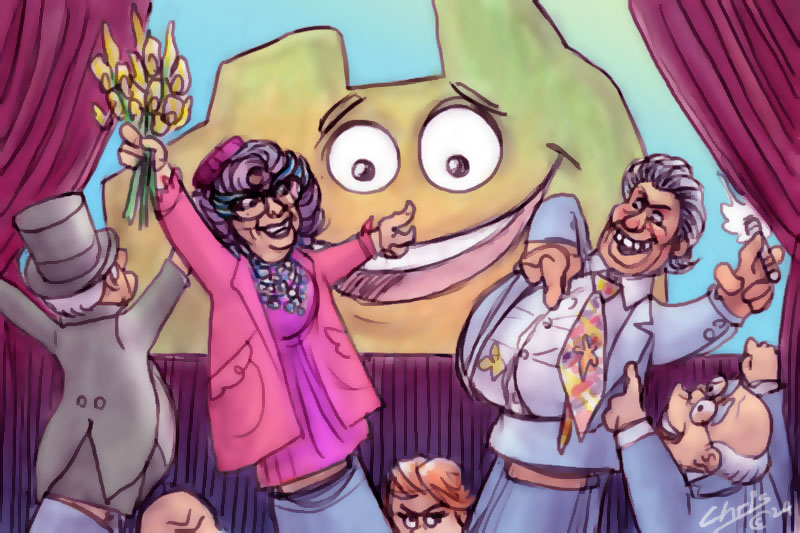
ARTS AND CULTURE
- Ron Cerabona
- 14 November 2024
1 Comment
For decades, Australian political satire has taken aim at the powerful with wit and irreverence, forging a distinct comedic tradition that holds up a mirror to society, revealing truths in the face of national absurdities. Now after 25 years, the iconic Wharf Revue takes its final bow, closing a celebrated chapter in the story of Australian satire.
READ MORE
-
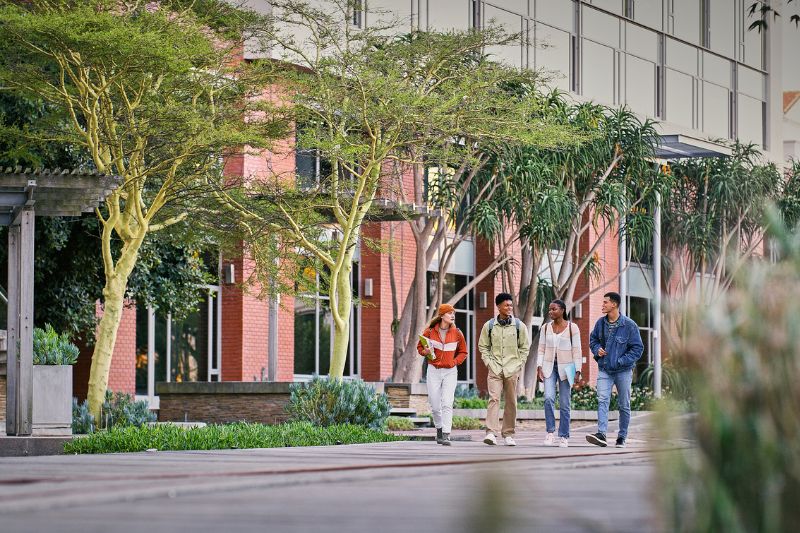
EDUCATION
- Erica Cervini
- 14 November 2024
4 Comments
At an ACU graduation event, students walked out in protest as Joe de Bruyn gave an address condemning abortion, single-parent IVF, and same-sex marriage. The event highlights tensions for Catholic institutions trying to balance traditional Catholic values while also embracing often opposing perspectives a diverse, pluralistic society.
READ MORE